Technology is constantly evolving, and staying updated with the latest trends is crucial for beginner technicians. TechTalks are a great way to stay informed about emerging technologies, industry insights, and innovative ideas. In this blog post, we will explore some of the upcoming TechTalk trends that are shaping the industry, providing real-world examples and case studies to inspire beginner technicians in this evolving landscape.
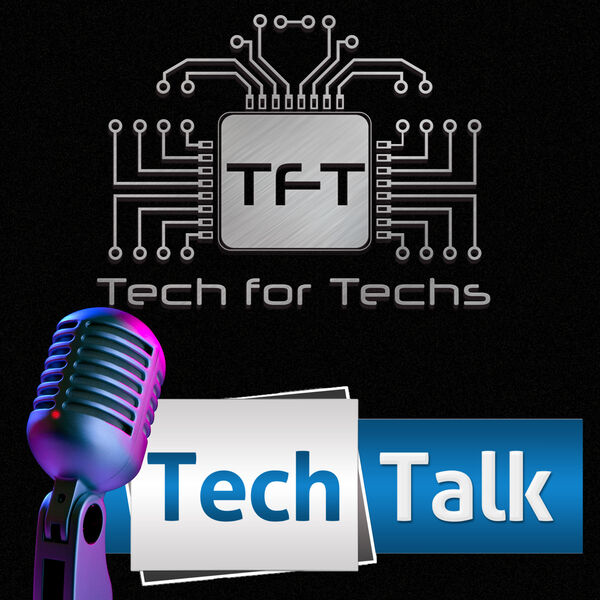 Introduction to TechTalk Trends
Introduction to TechTalk Trends
TechTalks are informative presentations, discussions, or lectures that focus on technology-related topics. They allow industry professionals, enthusiasts, and beginners to come together and share knowledge, ideas, and experiences. Attending or participating in TechTalks is an excellent opportunity for beginner technicians to gain insight into the latest trends and understand how the industry is evolving.
Trend 1: Artificial Intelligence (AI) and Machine Learning (ML)
AI and ML have significantly impacted various sectors, including healthcare, finance, and transportation. TechTalks on AI and ML can help beginner technicians understand how these technologies work and their practical applications. For instance, a case study on how AI and ML are used to develop self-driving cars would provide real-world examples of how these technologies are shaping the automotive industry.
 Trend 2: Internet of Things (IoT)
Trend 2: Internet of Things (IoT)
The IoT is a network of interconnected devices that communicate and share data. TechTalks on IoT can give beginner technicians insights into the potential of this technology. For example, a TechTalk showcasing how smart homes leverage IoT to automate daily tasks and enhance security would demonstrate the impact IoT can have on our everyday lives.
Trend 3: Cybersecurity and Data Privacy
With the increasing frequency of cybersecurity threats and data breaches, it is crucial for technicians to understand the importance of cybersecurity and data privacy. TechTalks on this topic can provide valuable insights and best practices for protecting sensitive information. Presentations on real-world hacking incidents and how companies have dealt with them would make these threats tangible and help technicians understand the need for robust cybersecurity measures.
Trend 4: Blockchain Technology
Blockchain, the technology behind cryptocurrencies like Bitcoin, has the potential to revolutionize various industries beyond finance. TechTalks on blockchain can shed light on its applications in supply chain management, healthcare, and even voting systems. Beginner technicians interested in blockchain can benefit from case studies that highlight successful implementations and explore potential challenges and solutions.
Conclusion
As a beginner technician, staying up to date with the latest TechTalk trends is essential for professional growth and career advancement. By attending or participating in TechTalks, you can gain valuable insights about emerging technologies like AI, IoT, cybersecurity, and blockchain. Real-world examples and case studies showcased in these TechTalks will inspire and educate you in the ever-evolving landscape of technology. Embrace the opportunity to learn from industry experts and fellow enthusiasts, as TechTalks can provide a solid foundation for your journey in the tech industry.
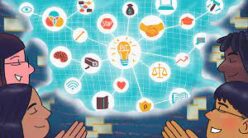

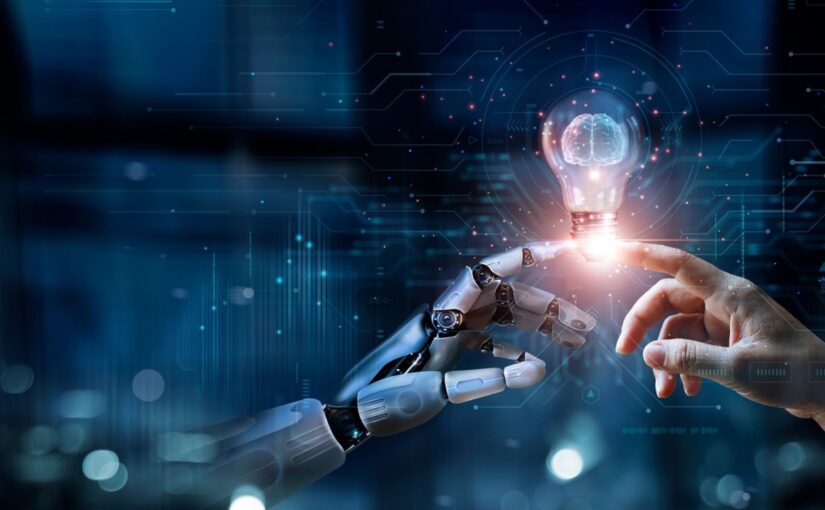
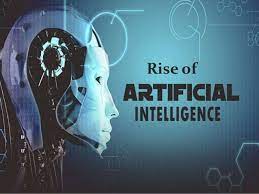 The Rise of Artificial Intelligence
The Rise of Artificial Intelligence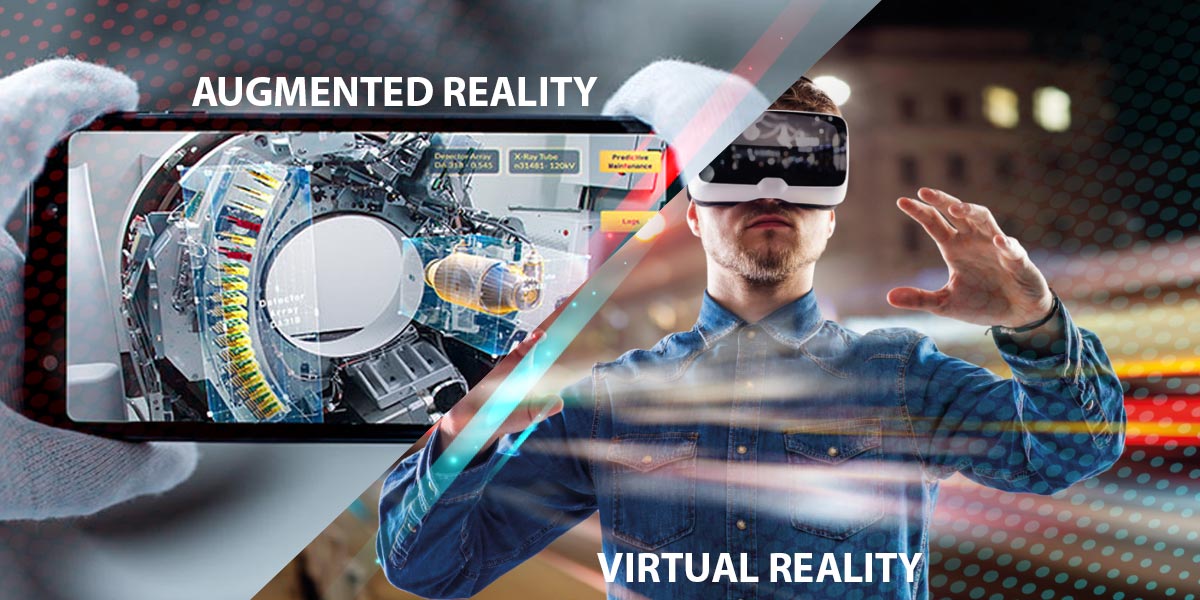 Augmented Reality and Virtual Reality
Augmented Reality and Virtual Reality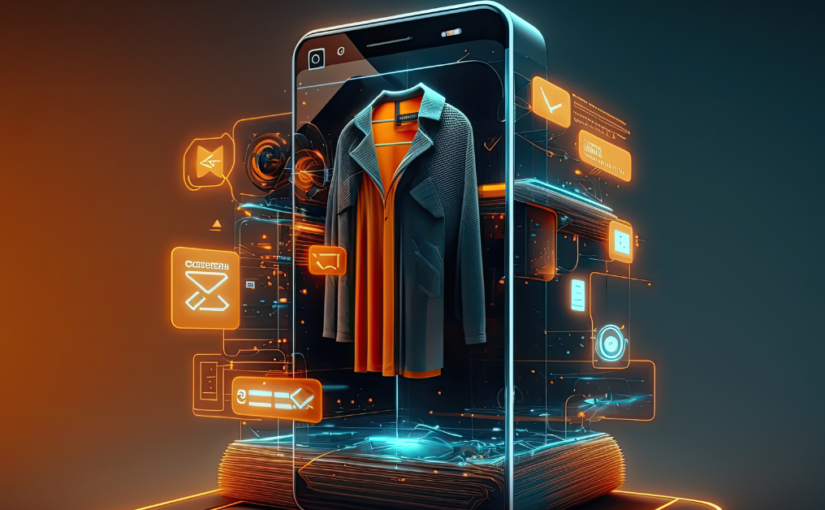
 Personalized Product Recommendations
Personalized Product Recommendations Virtual Try-Ons and Augmented Reality
Virtual Try-Ons and Augmented Reality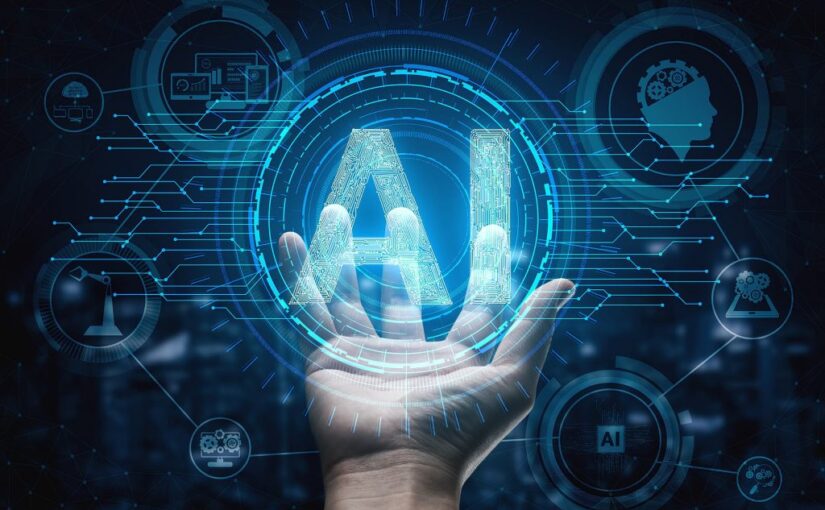
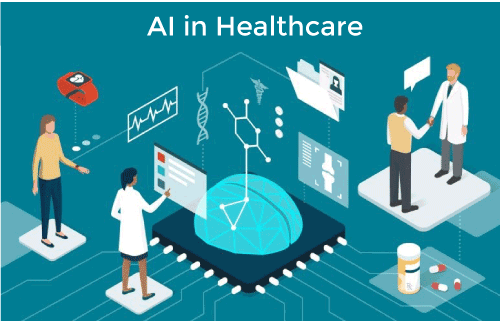 AI in Healthcare
AI in Healthcare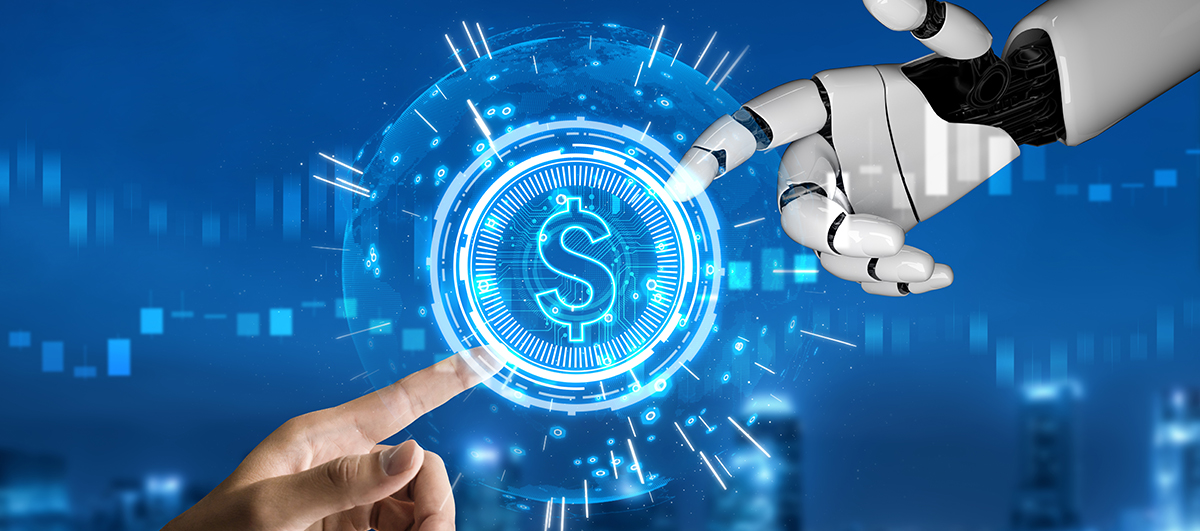 AI in Finance
AI in Finance